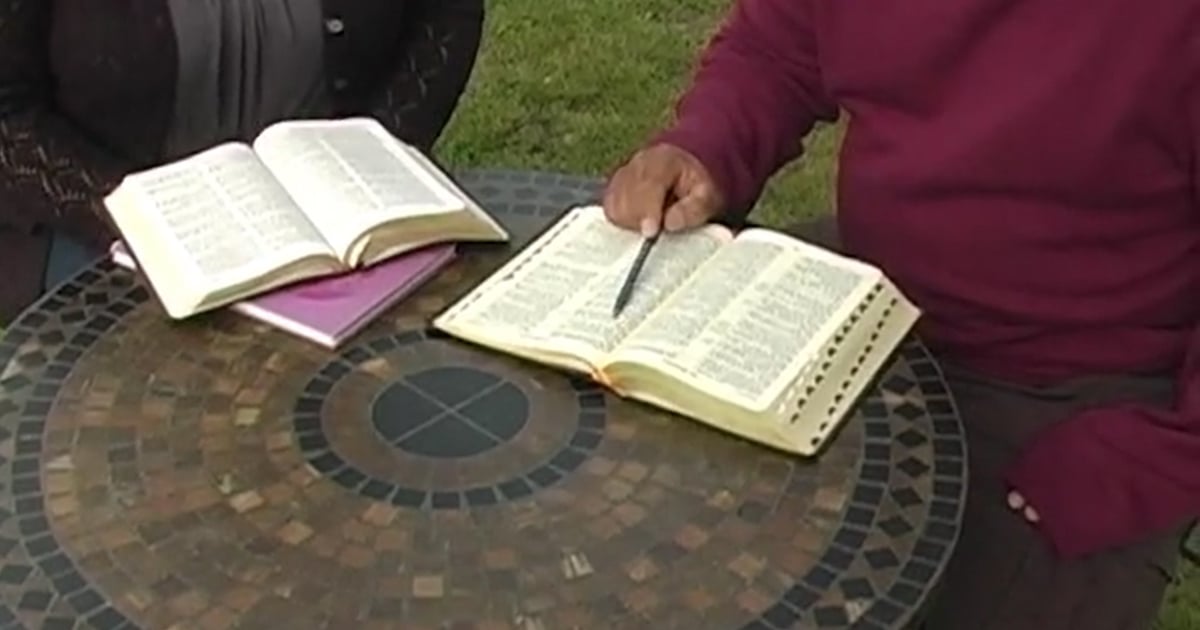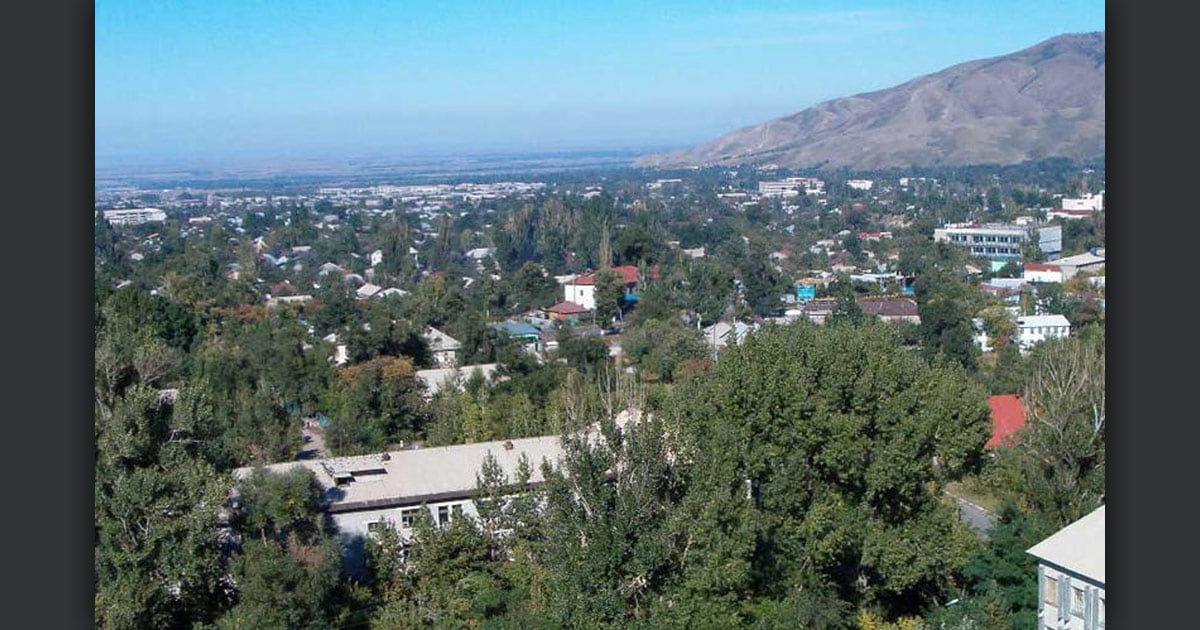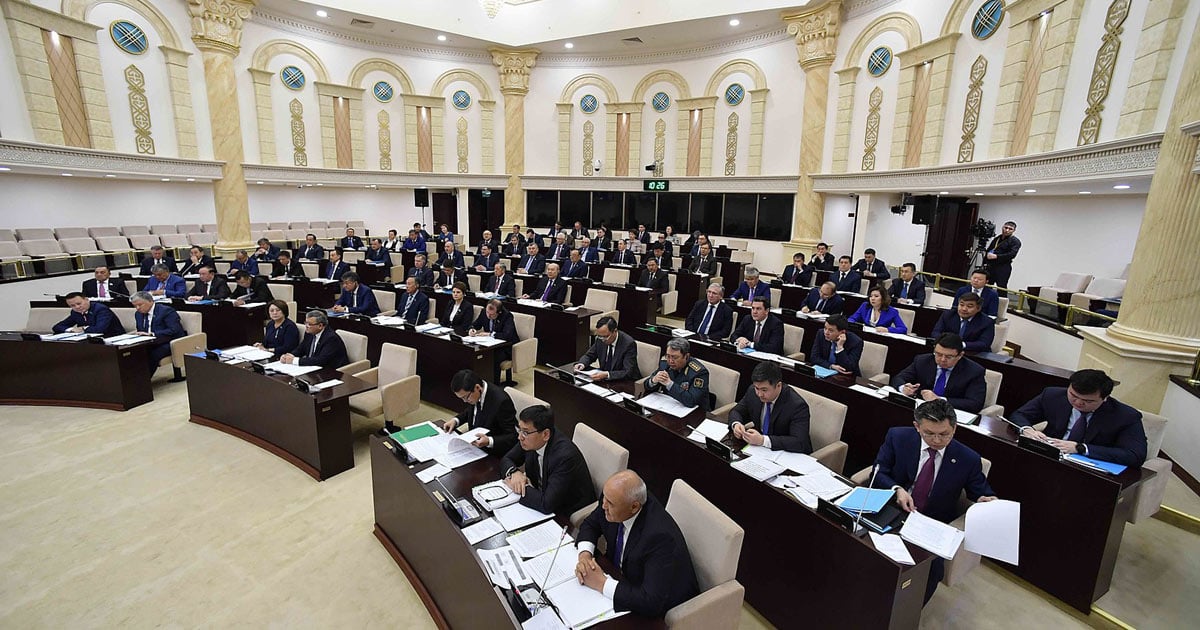Even though a harsh new religion law has not yet been passed in Kazakhstan, authorities are acting as though the new restrictions are already in force, according to a May 30 report from Forum 18. Under the current legislation, churches do not require registration to operate, though they will if a controversial new law comes into effect.
Nurulbek Jagalsbayev, pastor of a Kazakh-language Protestant church in the town of Atyrau in north-western Kazakhstan, is facing punishment for leading a church without state registration. Speaking to Forum 18, an assistant to the prosecutor claimed that it was "impermissible for a church to operate without registration."
In the village of Kamenka on the outskirts of Almaty, a new "akim" (head of administration) was recently appointed. When the leaders of the New Life Protestant Church did not show him the respect he wanted by introducing themselves to him, he ordered the church closed. According to eye witnesses, the "akim", Raspek Tolbayev, entered the church service on April 19 and began swearing and forcing the worshippers out. Speaking to Forum 18 on May 26, Tolbayev said, "I'm not interested in whether the Protestants have registration or not. I am the district 'akim', and they have to come to me and introduce themselves." The church's pastor, Pavel Gryaznov, claims that Tolbayev does not have the authority to close the church and so they have ignored his order. "But he behaves like an autocratic landlord in this area and we don't know what will enter his head next," Gryaznov said.
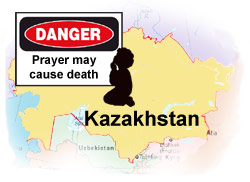 In the village of Krasnoyarka, 70 kilometres north of the capital Astana, young children who attend prayer meetings are being kept after school for "educational talks." Eight-year-old children have been told that prayer is dangerous and may even cause death. They are told that those who attend prayer meetings are being turned into zombies and "shahids" (a term used for suicide bombers). Olga Mozhayeva, head of the Education Department of Tselinograd district confirmed that the national Ministry of Education and Science has told teachers to try to stop schoolchildren from attending churches. Schools are encouraged to set up clubs and other activities "so that a child will have neither the time nor the desire to attend church."
In the village of Krasnoyarka, 70 kilometres north of the capital Astana, young children who attend prayer meetings are being kept after school for "educational talks." Eight-year-old children have been told that prayer is dangerous and may even cause death. They are told that those who attend prayer meetings are being turned into zombies and "shahids" (a term used for suicide bombers). Olga Mozhayeva, head of the Education Department of Tselinograd district confirmed that the national Ministry of Education and Science has told teachers to try to stop schoolchildren from attending churches. Schools are encouraged to set up clubs and other activities "so that a child will have neither the time nor the desire to attend church."
Pray for these and other Kazakh believers under pressure from authorities because of their faith. Pray that the proposed new law will not come into effect and that authorities will allow freedom of worship. Pray for parents as they work with these children who are being frightened into rejecting Christianity. VOMC spokesman, Glenn Penner, has published a response to some of the actions by the Kazakh authorities in a weblog entitled "Dangerous Christians." To read his commentary, or listen to the audio version, click here.
For more information Kazakhstan and the pressure facing Christians there, click here.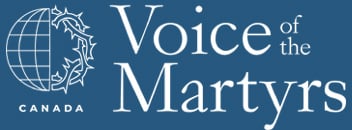
 Population
Population